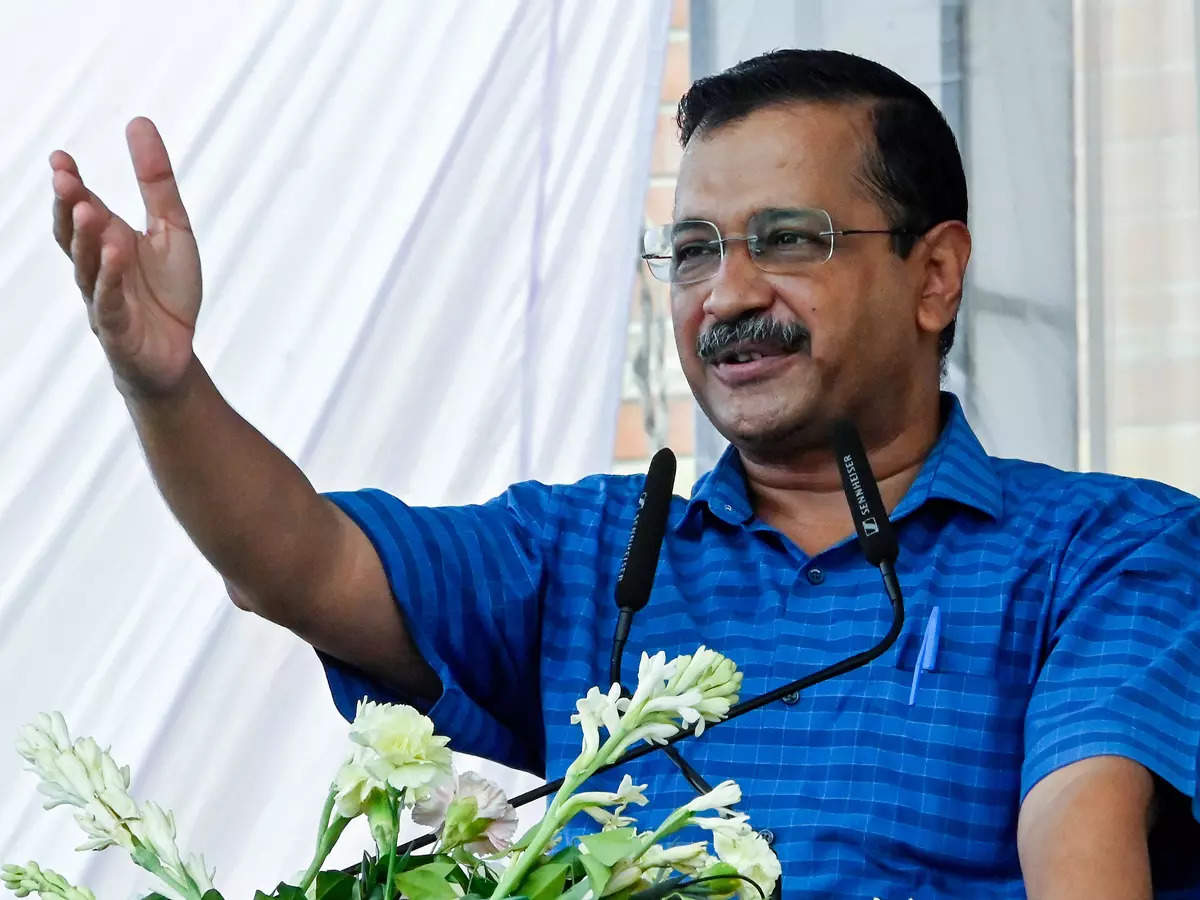Kejriwal, 55, refused to depose before the federal agency for the sixth time on Monday with the Aam Aadmi Party (AAP) saying the ED should wait for the court’s decision instead of repeatedly sending summonses to the CM, also the party’s national convenor.
A Delhi court on February 17 had granted exemption to Kejriwal from personal appearance for the day in connection with the complaint filed by the central agency for disobeying its summons in the excise policy-linked money laundering case.
The court posted the matter for March 16 and Kejriwal’s counsel assured the court of his physical appearance that day.
ED sources said the agency had filed a complaint before this court under section 174 of IPC against Kejriwal for “intentionally disobeying” the first three summons issued to him in this case.
The court has taken cognisance of the same and prima facie accepted that Kejriwal committed an offence for which he is liable to be prosecuted, the sources claimed. The question in front of the court is not about the validity of the summons rather the illegal act on part of Kejriwal of intentionally disobeying the said three summons, they said. Hence, the ED is not wrong in issuing him summons despite the court matter listed for March 16, the sources said.
From the contents of the complaint and the material placed on record, prima facie offence under Section 174 of the Indian Penal Code (IPC) is made out and there are sufficient grounds for proceeding against the accused Kejriwal, the court had said.
Kejriwal’s name has been mentioned multiple times in charge sheets filed by the ED in the case. The agency has said that the accused were in touch with him regarding the preparation of the now-scrapped Delhi Excise Policy 2021-22.
AAP leaders Manish Sisodia and Sanjay Singh apart from communications in-charge of the party Vijay Nair have been arrested in this case by the ED till now.
The ED had claimed in its charge sheet that the AAP used “proceeds of crime” to the tune of about Rs 45 crore in its Goa election campaign.
The agency is also expected to file a fresh supplementary charge sheet in the case and may name the AAP as a “beneficiary” of the alleged kickbacks that were generated through the excise policy.
It is alleged that the Delhi government’s excise policy for 2021-22 to grant licences to liquor traders allowed cartelisation and favoured certain dealers who had allegedly paid bribes for it, a charge repeatedly refuted by the AAP.
The policy was subsequently scrapped and Delhi Lieutenant Governor V K Saxena recommended a CBI probe, following which the ED registered a case under the Prevention of Money Laundering Act (PMLA).
(You can now subscribe to our Economic Times WhatsApp channel)


